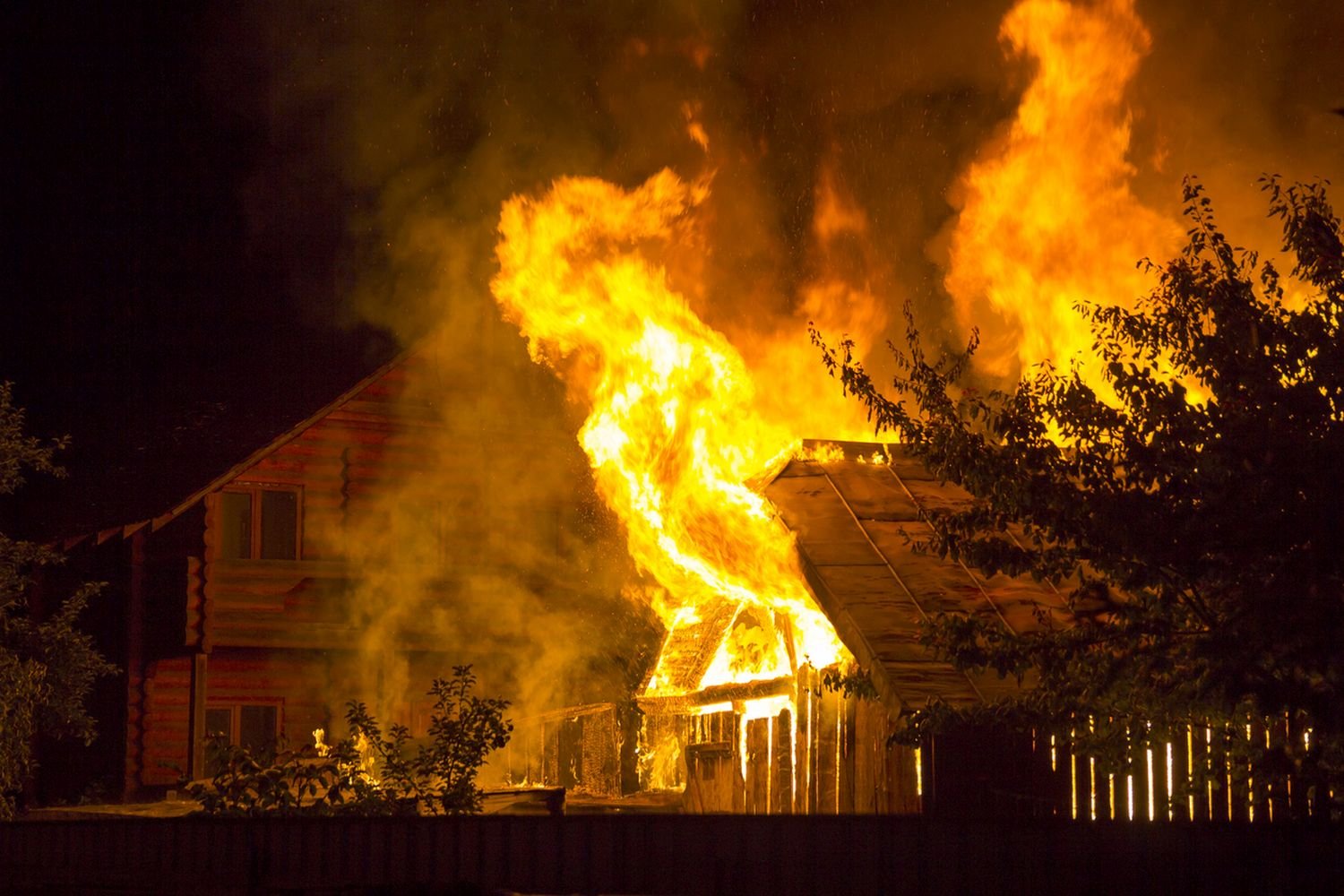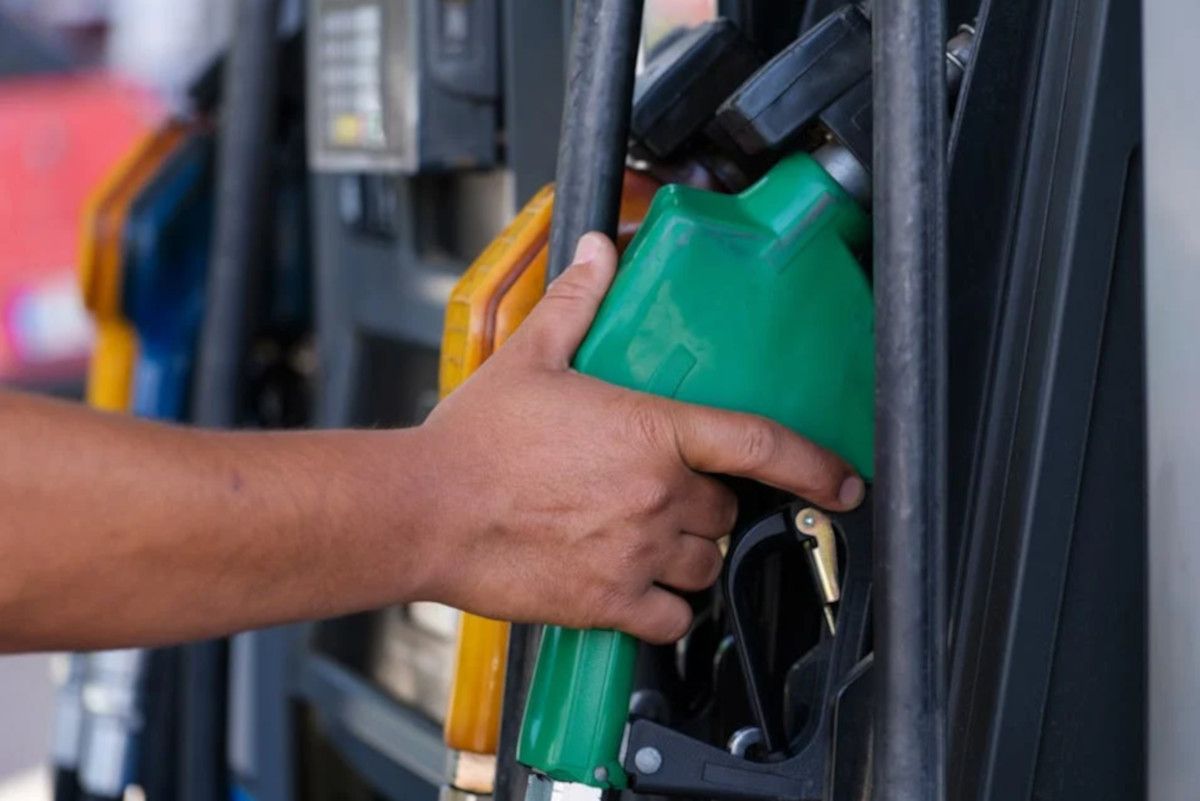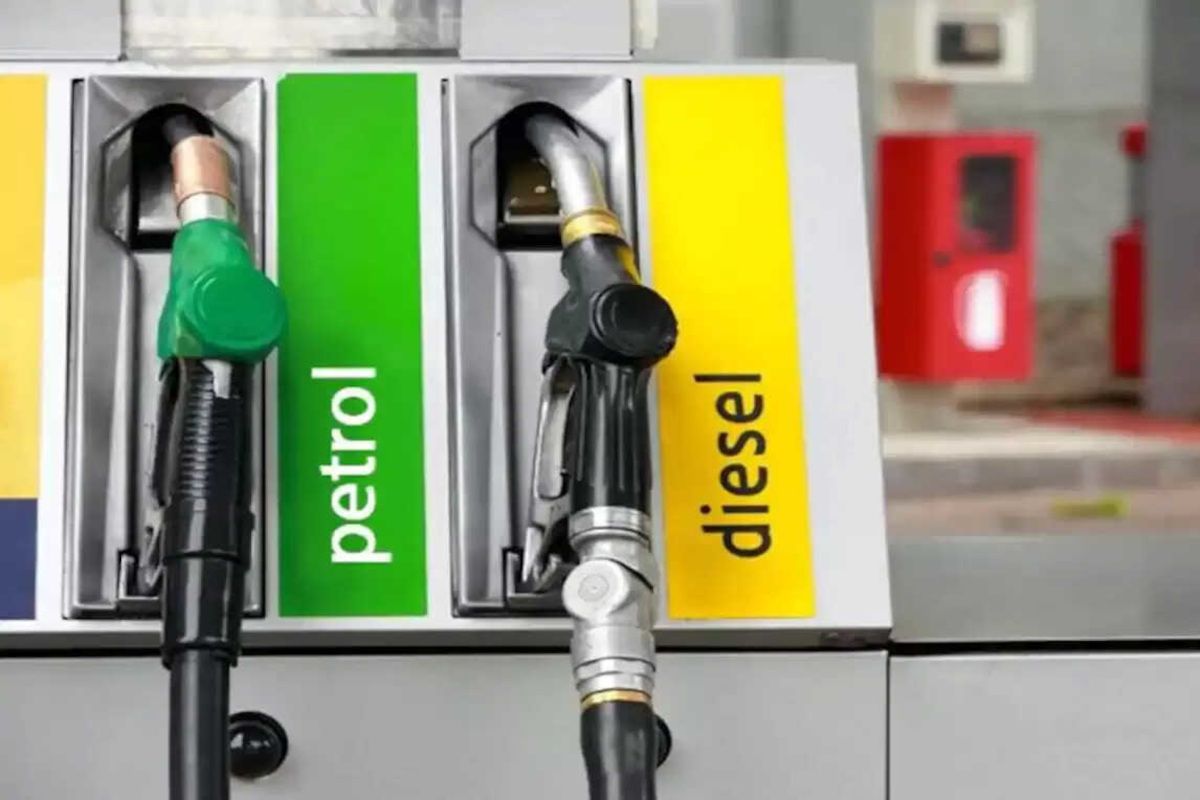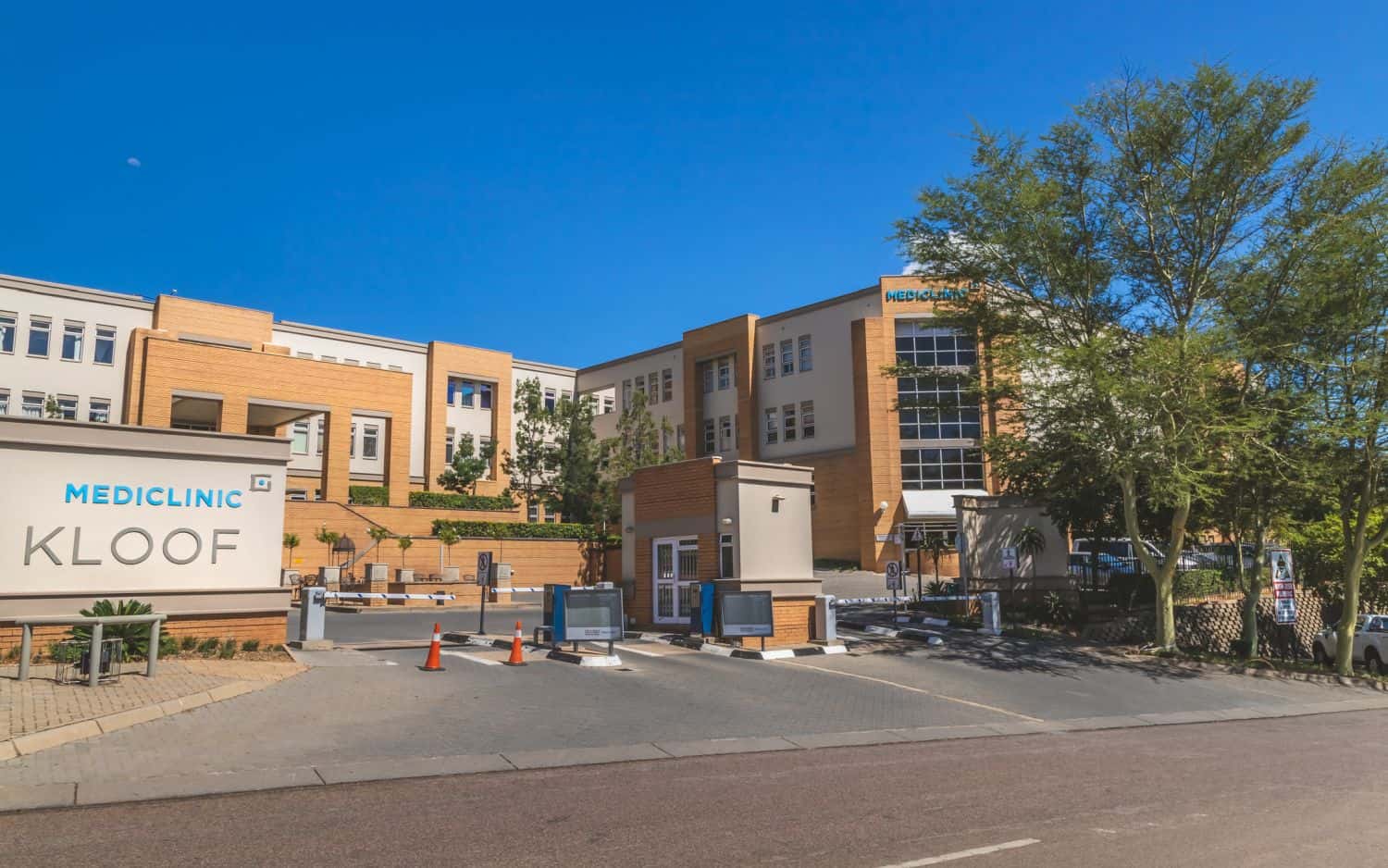Electrical faults and gas heaters are the primary causes of fires in residential areas.
Property owners need to understand the risks that come with winter season-related disasters and how they can mitigate these risks.
The peak wildfire season in South Africa typically begins in early June and lasts approximately 22 weeks, spanning from April to April.
“The unpredictable weather conditions, rising sea levels and wildfires are placing some properties that were previously low risk into high-risk zones, and in a few years to come, a substantial number of properties can be uninsurable,” says Infiniti Insurance CEO, Sharon Paterson.
Wildfires in winter
She adds that South Africa has become used to the emerging risk of wildfires that come with the season.
Paterson made reference to the Global Assessment Report (GAR) Risk Data Platform, which outlined that the country records an average of more than 41 500 wildfires annually.
“In 2025 alone, 974 high-confidence fire alerts have been registered via NASA’s VIIRS satellite system.
“This figure, while in line with historical data, highlights the persistent nature of the risk we are faced with this fire season.”
ALSO READ: Video: 4 children under 2 die in Johannesburg house fire
Climate change
The increasing number and severity of wildfires in Southern Africa are attributed largely to climate change. Warmer temperatures, prolonged droughts, reduced rainfall, and extended fire seasons are contributing to an increase in the frequency of catastrophic wildfires.
“The devastating June 2017 Southern Cape wildfires remain a stark reminder of how destructive these events can be, leading to fatalities, economic loss, livestock deaths, and long-term environmental damage,” she adds.
Therefore, property owners must ensure they are adequately insured for weather-related losses. Brokers need to help clients understand the unique risks they face and assist in crafting policies tailored to their specific needs.
Here are practical ways clients can protect their homes during the high-risk winter season:
Fire safety indoors
- Check and maintain heaters and fireplaces: Have gas heaters, chimneys, and wood-burning stoves professionally serviced before use. Ensure proper ventilation and never leave heating devices unattended.
- Electrical safety: Avoid overloading sockets and replace damaged cords. Inspect all appliances and ensure they are in good working condition.
- Install smoke detectors: Every home should have working smoke alarms, particularly near bedrooms and kitchens. Test them monthly and replace batteries regularly.
- Have fire extinguishers at hand: Ensure there is at least one accessible, up-to-date fire extinguisher in the kitchen or near high-risk areas.
- Electrical certificates of compliance: All homes require an updated certificate if any work has been done to the electrical reticulation system. This is a legal requirement for every building.
ALSO READ: House fire claims lives of four young children in Mayfair
Outdoor fire risk reduction
- Clear vegetation and debris: Trim back bushes, remove dead branches and leaves, and create a defensible zone free of flammable materials around your home.
- Use fire-resistant materials: Where possible, install fire-retardant roofing and cladding, particularly in high-risk zones near velds or forests.
- Store flammable materials safely: Gas bottles, firewood, and chemicals should be kept in well-ventilated, fire-safe areas away from living spaces. Have an expert check any gas installations for leaks.
Safe practices to prevent gas or electrical fires
Nedbank stated that electrical faults and gas heaters are the primary causes of fires in other residential areas. This followed a statement by the City of Johannesburg that paraffin stoves and candles continue to be the main cause of fires in informal settlements.
“Gas appliances must be installed correctly according to regulatory guidelines to avoid damage to property or serious harm to people.
“Get a professional installer to handle the installation. Incorrectly installed gas appliances increase the risk of gas leaks, fires, explosions, or even fatal carbon monoxide poisoning.”
ALSO READ: Vandalism delays housing for more than 200 Jeppestown fire survivors
Gas heaters and other gas appliances
- Never leave a gas heater on overnight.
- After connecting the regulator, use a soapy liquid to check for leaks.
- Avoid using clamps intended for garden hoses to connect gas equipment, as they can damage or cut rubber gas hoses over time. Use appropriate gas hose clamps.
- Follow the manufacturer’s instructions and refrain from making modifications
- Keep gas heaters away from flammable substances.
Cooking, stove top and kitchen fires
- Never leave pots unattended on the stove, especially those containing cooking oil.
- Ensure the stove is turned off during load shedding.
- Store gas cylinders in well-ventilated areas.
- Do not place a gas bottle on top of a stove during load shedding or power failures.
- Regularly clean the extraction system filters.
- Perform regular service and maintenance on deep fryers and heating elements.
- Use an accredited installer for gas lines and appliances.
- During load shedding, turn off all electric hobs and ovens. Switch them back on when power is restored.
NOW READ: Marshalltown fire victims: Why are the bodies still unclaimed?














